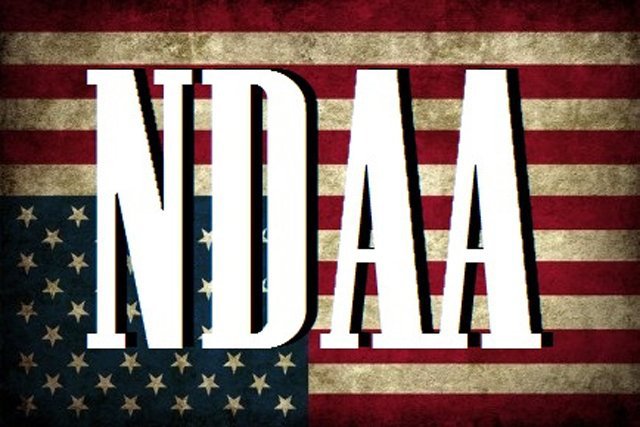The National Defense Authorization Act that Congress passed on Nov. 16 reinstates the Federal Aviation Administration’s registration rules for small, model-aircraft-sized drones.
The NDAA is on its way to the White House for the president’s signature.
The rule for small drones, which the FAA classifies as unmanned aircraft weighing less than 55 pounds and more than 0.55 pounds, were set in 2015 and aimed at managing the growing numbers of the aircraft in increasingly crowded national airspace. The online registration requirement included a $5 fee for both commercial and recreational drone operators using such aircraft.
The online registration system launched in December 2015, and more than a half-million unmanned aerial vehicles were registered in the first year.
A model aircraft hobbyist, however, filed suit in appeals federal court saying the requirement for small noncommercial unmanned aircraft violated 2012 FAA Modernization and Reform Act, which states the FAA “may not promulgate any rule or regulation regarding a model aircraft.”
The court of appeals agreed last May, saying the registration requirement “directly violates … clear statutory prohibition [s].” It added, however, that Congress was “always free to repeal or amend” the 2012 prohibition on the FAA’s model aircraft rules.
The FAA declined FCW’s request for comment on the reinstatement pending the bill’s signature by President Donald Trump.
The reinstatement drew praise and caution, however, from various sectors of the aviation industry and aircraft owners.
“We have long held that federal registration of unmanned aircraft systems (UAS) makes sense at an appropriate threshold of weight, capability and other safety-related characteristics,” Academy of Model Aeronautics spokesman Chad Budreau said in a Nov. 17 email to FCW. “However, we believe the existing thresholds should continue to be refined through rulemaking, as the FAA has yet to issue a final rule in this matter. ”
The academy has backed alternative methods, including using its official membership numbers as registration.
On its government blog page, the organization urged members to abide by the reinstated rules.
In a Nov. 17 statement, the Aircraft Owners and Pilots Association said it supported the provision.
“AOPA supports registration of unmanned aircraft systems ‘to promote accountability and safety of UAS operations in the National Airspace System,’” AOPA Director of Regulatory Affairs Justin Barkowski said.
“The Small UAV Coalition applauds Congress for restoring Federal Aviation Administration (FAA) authority to maintain a national UAS registry,” that group said in a Nov. 10 statement as House and Senate negotiators hammered out details in the NDAA’s final version.
Brian Wynne, president and chief executive officer of the Association for Unmanned Vehicle Systems International (AUVSI), issued on Nov. 16 the following statement:
“Since the court’s decision last spring, AUVSI has urged Congress to restore federal registration for all UAS operators.
“By requiring UAS pilots to be accountable and responsible for their operations, the registration system helps deter careless and reckless behavior.
“We will continue to work with Congress and the FAA on further solutions to maintain the safety of the national airspace.”
Source: FCW; AUVSI


Didn’t realize the FAA is now part of the Department of Defense; when did that occur?
To hide this in the DoD bill is underhanded and lacks any input from those it will affect. Who will enforce this, DoD? Further, the AMA spokesman above is confusing in his statement which notes the AMA supports this but really, at the end of the day, doesn’t.